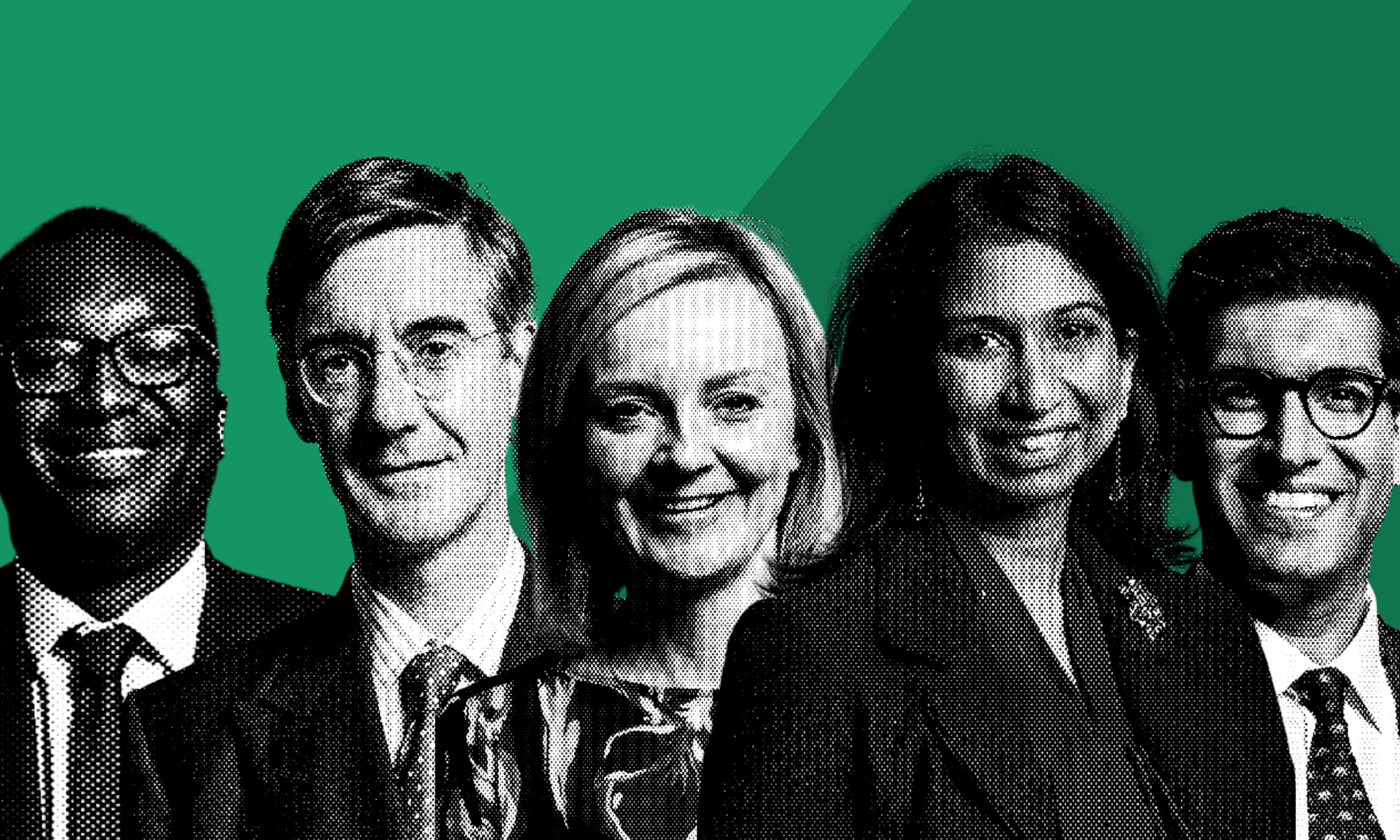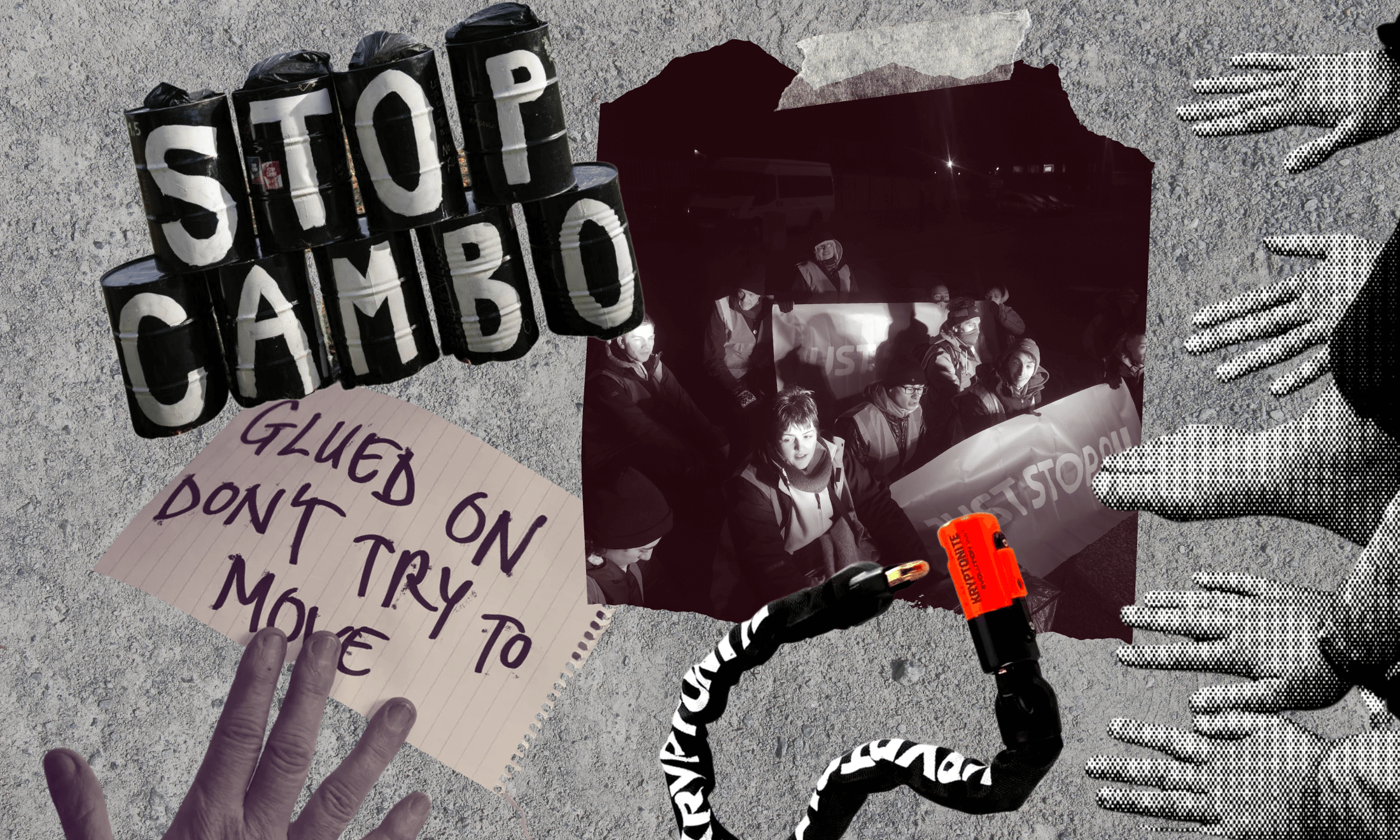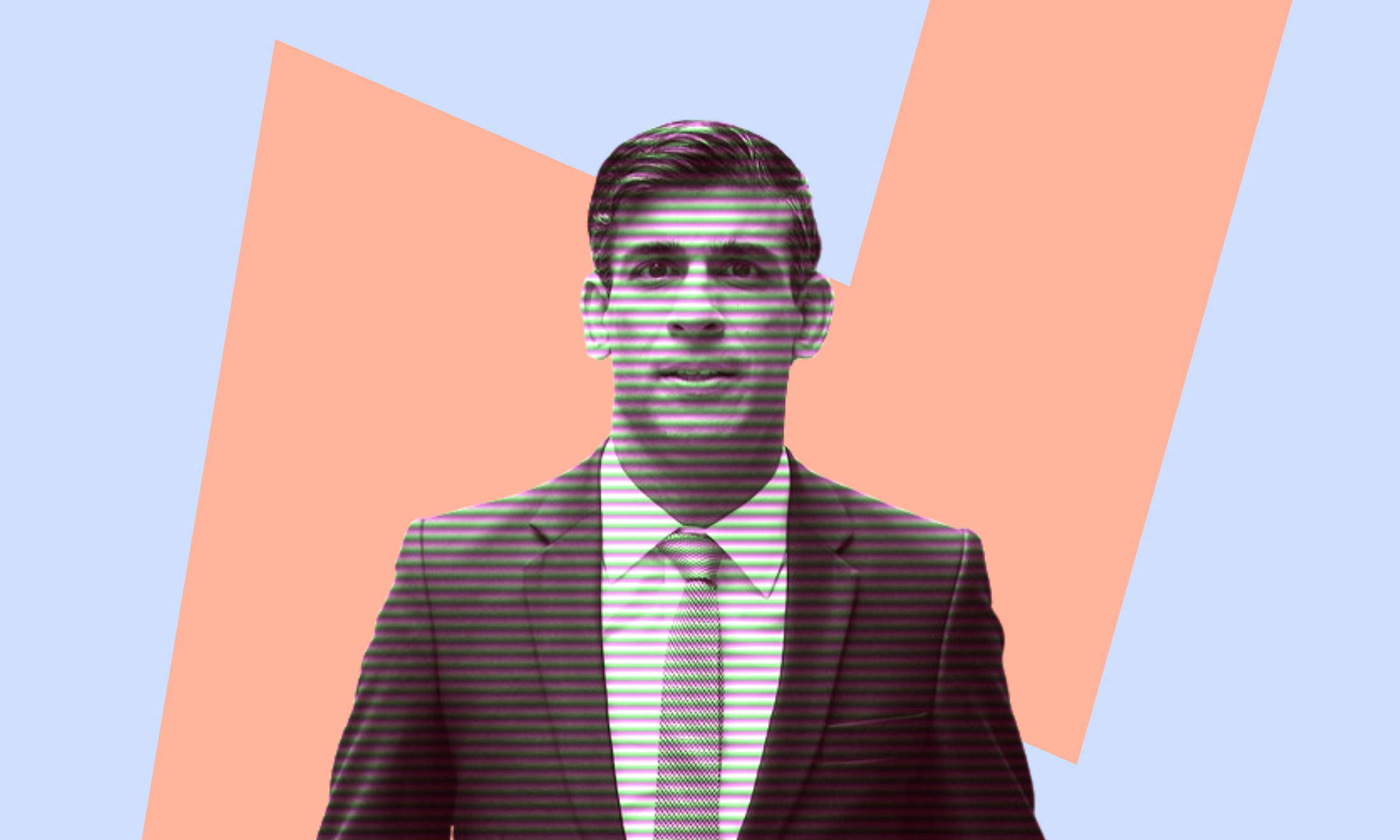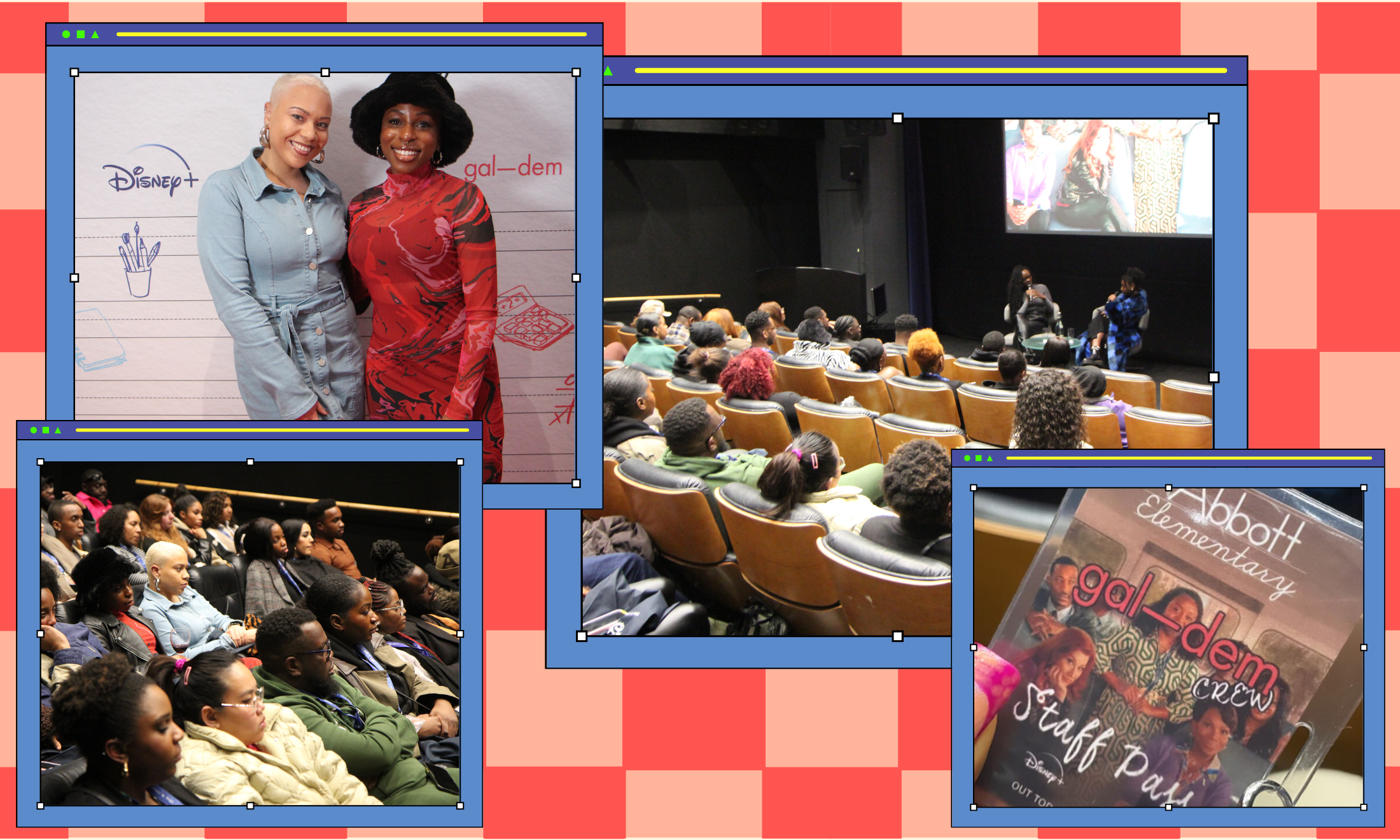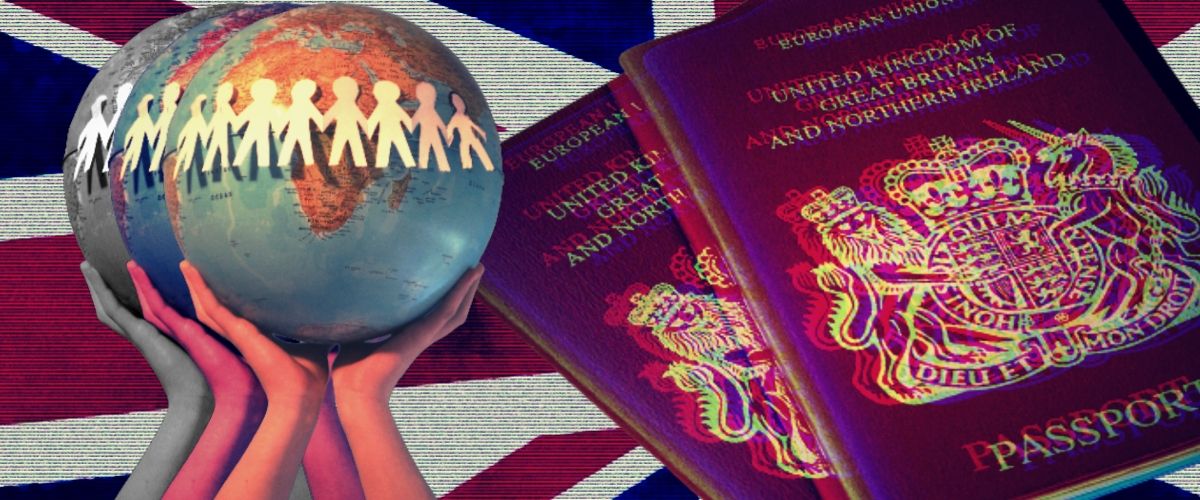
Credits: Canva / Flickr /
This week the Jamaica 50 are under threat and universities exclude disabled students
In today's Race Review, we discuss the significance of the Jamaica 50 and talk to disabled university students about navigating academic spaces.
Sana Noor Haq
17 Feb 2020
I hope you’re having a good Monday so far. Today we’re looking at the lack of facilitation for disabled university students in the UK, and discussing what the fate of the Jamaica 50 means for ethnic minority British citizens going forward.
REFLECT: When loss of citizenship means loss of human rights
Last Tuesday, we saw one of the ugliest sides of our Tory government. The Court of Appeal, which hears pleas against convictions or sentences, ordered the Home Office not to remove anyone who was scheduled to be deported from two detention centres near Heathrow Airport.
In a final ruling, the court prevented the government from deporting more than half of the Jamaica 50 – with 17 people leaving on the chartered flight. All of the people being deported have Jamaican nationality and have been convicted of criminal offences – but many of them are one-time offenders who have lived in the UK since they were toddlers. The whole situation has undoubtedly caused a welt in the legacy of the Windrush scandal.
In another example of the Conservatives neglecting ethnic minorities in Britain, Shamima Begum lost her appeal to restore her British citizenship, rendering her a former citizen.
Both cases have shown us that nationality is not only a means for identifying parts of someone’s identity – it provides us with access to civic rights and by extension human rights. Those who are caught by institutionalised racism, such as the Jamaica 50 and Shamima Begum, are now effectively stateless.
The Tories have shown us once again that no PoC member of the community is safe under their jurisdiction.
REPORT: Universities are still failing disabled students
A student at the University of Hull was forced to listen to a lecture from the top of the stairs after she found there was no accessible ramp that enabled her to properly access the room.
On Friday 7 February, Sarah-Marie posted a picture of her sitting in the doorway of a lecture theatre, using the caption “The reality of this university is disgraceful”, @ting the university in her tweet.
Sarah-Marie said that the incident made her feel “disheartened and abandoned”.
“I haven’t felt welcome in academic spaces as a disabled student as the higher ups refuse change,” she told gal-dem.
She added: “Is it okay to tell minorities and ‘others’ they must sit in the front of a lecture theatre with no space for anyone else? This is exactly what has happened to me, countless times, in a space that is meant to be universally accepting and inclusive.”
Sarah-Marie’s experience shows just how few academic spaces accommodate disabled students, despite them comprising about 13.2% of the student population in English colleges and universities, according to the university watchdog Office for Students (OfS).
Data from the OfS also shows that disabled students come out with lower degree results overall and lower rates of employment following graduation than their peers. They are also less likely to carry on with their degrees and advance onto a highly skilled job or further study.
Twenty-year-old Kara is in her second year at university in London, studying for a BA in English. She has anxiety, depression, PTSD, fibromyalgia, chronic fatigue syndrome, Ehlers-Danlos syndrome and brain damage. Kara was fully diagnosed in 2015, having had symptoms since the age of five.
When she moved from Leicester to London, she lost the support system that she had at home. The university seemed reluctant to provide her with a carer, and she had to pay an extra £20 for halls that assist disabled students.
Speaking about her experience navigating higher education, she said, “The university isn’t particularly interested in supporting its disabled students or facilitating them.”
“I don’t feel like I’ve been cared for as a disabled student,” she told gal-dem.
“Universities need to be much more willing to listen to their disabled students and less prepared to disregard them, because they are the minority in a majority able-bodied group,” she added.
Stories like Sarah-Marie and Kara’s remind us that academic institutions still have masses of work to do when it comes to serving disabled students in the community.
ICYMI
• The Archbishop of Canterbury, Justin Welby, has admitted that the Church of England remains “deeply institutionally racist”, showing us how people will only hold truth to accusations of racism when cis white men call it out.
• It has emerged that a trans refugee was stabbed in a brutal transphobic attack on 27 January. Stephen Sebuuma was assaulted by a group of Sudanese refugees who have allegedly waged war with queer residents of the Kakuma Refugee Camp.
• Eighteen-year-old Simone Johnson could become the first fourth-generation superstar in World Wrestling Entertainment history. Carrying on the legacy of her dad Dwayne Johnson, Simone has already begun her training at the WWE Performance Center in Orlando, Florida.
• American rapper and poet Noname said that the “worst thing” she did in her career was perform in Israel. In a now-deleted tweet, she admitted she’s “still embarrassed by this level of ignorance”.
• It’s become a weekly ritual to mention the editorial shortcomings of the BBC. In an appearance on BBC Breakfast, Don’t Touch My Hair author Emma Dabiri was mis-subtitled, reading “eccentric” beauty standards when she was, in fact, referring to “Eurocentric” beauty standards.
• Plans for a UN security council vote, designed to show global opposition to Trump’s Middle East “peace plan”, have been shelved. Israel is set to implement some of the most controversial aspects of the manifesto, including annexing large areas of occupied Palestinian territory.
• During an interview with MTV, Asian American actress Kelly Marie Tran gave her thoughts on her character Rose Tico’s lack of screentime in the final instalment of the series Star Wars: The Rise of Skywalker – Kelly was in the film for just 76 seconds.
• Democratic candidate Bernie Sanders, who is known for his left standing on the political spectrum, won the New Hampshire primary last Tuesday ahead of the 2020 American presidential elections, signifying how his political campaign is gaining momentum.
• The public prosecutor’s office in Lisbon has said that dozens of personal and corporate accounts belonging to Isabel dos Santos and her husband have been frozen at the behest of a seizure order. Isabel, who has a fortune estimated at $2 billion, is the subject of a criminal investigation.
• Hamida Begum, a 65-year-old woman, was honoured by her son during Bangladesh’s first ever Islamic funeral for a sex worker. The ceremony marks a huge step forward for sex worker’s funereal rights, who are usually buried in unmarked graves or passed down rivers without formal prayers when they die.
• Nearly a year has passed since charges were dropped against Empire star Jussie Smollett, after he claimed to be on the receiving end of a homophobic attack in Chicago. However, last Tuesday the actor was charged in relation to the allegedly false police report he filed in 2019.
• Older people from ethnic minority communities are one of the most disadvantaged and excluded groups in society, according to a new study from the British Medical Journal (BMJ). The BMJ has attributed the negligence of elderly members of PoC communities to institutional racism.
• A fire in a denim factory on Saturday 8 February is known to have killed at least seven employees. The incident, which took place in Ahmedabad in western India, started as a result of poor fire safety in the building.
GOOD NEWS OF THE WEEK
Here at gal-dem, we don’t give too much importance to awards ceremonies like the Oscars. But we were still over the moon when Hair Love won the award for Best Animated Short Film. The film explores how tending to hair can be a bonding experience – in this case for a young girl and her father. Featuring the voice of Issa Rae and produced by Matthew Cherry alongside Karen Rupert Toliver, this short film is one you don’t want to miss.



